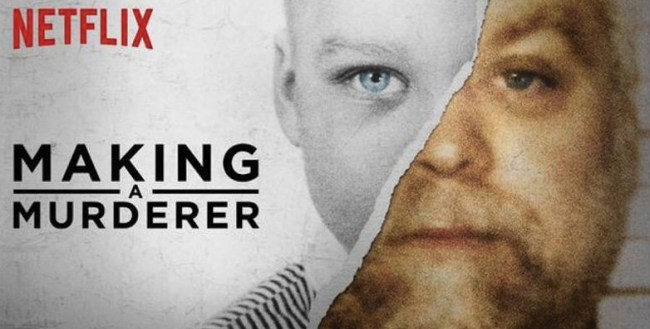
Netflix
Just two weeks ago, it appeared that Steven Avery’s hotshot lawyer Kathleen Zellner was fresh out of ideas when she announced a reward of $100,000 for the arrest and conviction of the real killer of Teresa Halbach after Avery’s appeal for a new trial was rejected earlier this year.
But just as the general public who was enamored with the case in 2016 was giving up all hope of Steven Avery and Brendan Dassey’s exoneration, some potentially bombshell news has come to light.
A Wisconsin inmate has reportedly confessed to the 2005 murder of Teresa Halbach, filmmakers of the upcoming documentary Convicting a Murderer told Newsweek.
Convicting a Murderer director Shawn Rech claims the inmate, who will remain unnamed until Wisconsin law enforcement looks into the alleged confession confession, confessed to his crew while filming the documentary series.
“We haven’t confirmed the legitimacy of the confession, but seeing as it was given by a notable convicted murderer from Wisconsin, we feel responsible to deliver any and all possible evidence to law enforcement and legal teams,” he told Newsweek. “Having been in production for 20 months, we’ve uncovered an unfathomable amount of information and evidence that is leading us to the truth. Our investigation does not end here.”
Convicting a Murderer is a 10-part documentary series currently in post-production that will feature interviews with law enforcement figures like Andy Colborn. It is expected to come out on a streaming platform in 2020.
Backing into a confession after 15 years and the public interest on the case has waned may seem like a long shot, but it’s not a fantasy. The Central Park 5 were exonerated when a serial rapist confessed to the crime after they had spent from six to 13 years in prison.
Steven Avery is currently 57 years old and his nephew Brendan is 29.
These pics were taken today. The power of love outshines the politics of hate every time.#TruthWins #MakingAMurderer2 #TogetherWe pic.twitter.com/r7SODKGEhA
— Kathleen Zellner (@ZellnerLaw) August 17, 2019
[h/t Newsweek]